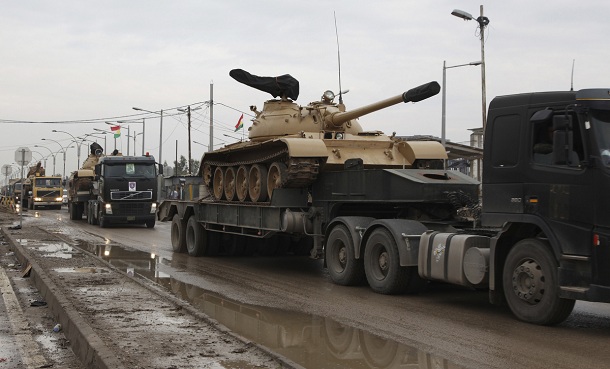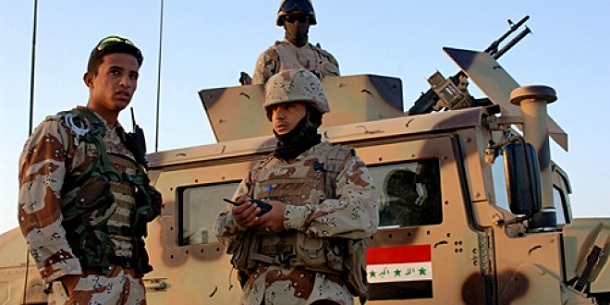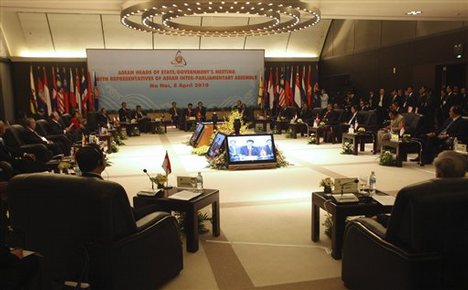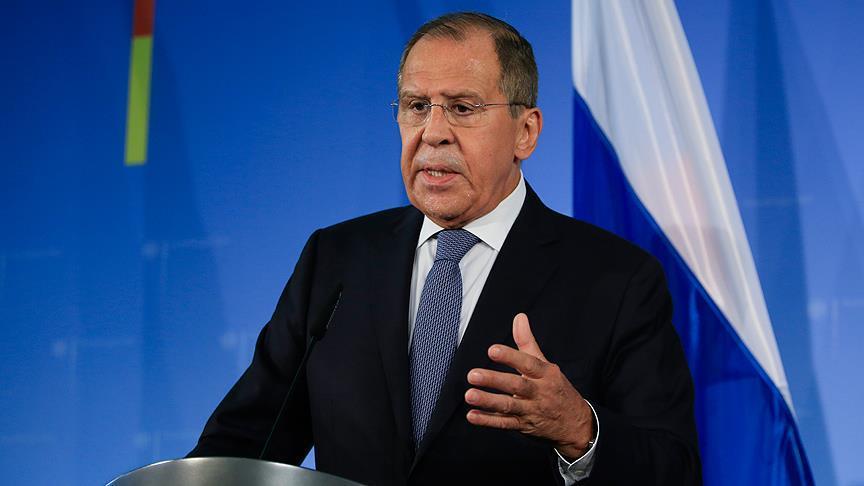The Kurds in Middle East after the Iraq invasion of the United States to increase their courage began to challenge the every nation, but it will be heavy bill for them.
The threat of war is hanging over Iraq. In recent months, Arabs and Kurds have gone head to head over long-standing disputes centred on land, oil and power.
More than two weeks ago, Kurdistan Regional Government peshmerga clashed with Iraqi federal forces in an incident at a checkpoint that killed one civilian and wounded fighters from both sides. Both the KRG and Baghdad have now amassed forces in disputed territories in the north of the country, increasing the chances that a localised conflict could spark a broader war.
Stand-offs between the two sides have become a common occurrence in Iraq since 2003, but what makes these incidents more dangerous is, first, the absence of the US military, which played a mediating role; and second, regional upheaval and the continuing Syrian conflict that have further polarised all parties.
On Tuesday, Turkey was drawn into the conflict when Baghdad refused to allow the plane of Ankara’s energy minister, Taner Yildiz, to land at Irbil for a major oil and gas conference. Tensions over the Kurdish issue are clearly contributing to the deteriorating relationship between the two countries.
But the crux of the current stand-off is a new military headquarters established more than a month ago by Iraq’s Prime Minister Nouri Al Maliki to oversee military operations in the north’s disputed territories. Known as the Tigris Operations Command, the headquarters consolidates Baghdad’s presence in a volatile part of the country already awash with Arab forces.
It doesn’t help that Baghdad’s commander of the Tigris base is Lieutenant General Abdulamir Al Zaidi, a former Baathist who took part in the Anfal campaign that killed tens of thousands of Kurds in the late 1980s. The Kurds now want the Anfal campaign formally recognised as a genocide.

The fear among Kurds is not what the Tigris command will do in the future, but what will be the long-term consequences for Baghdad’s aspirations in the area around Kirkuk.
More broadly, there is the history of tension between Iraq’s Kurds and Arabs, of which Anfal is only one stark example. Relations between the government in Baghdad and the Kurdistan region, which is now a wholly autonomous federal entity, have always been marred by conflict. Saddam Hussein’s dictatorial rule was especially brutal regarding the Kurds.
Post-2003 Iraq still has the same disputes, although they have taken a different form. The democratically elected government in Baghdad, in which Kurdish parties are a key partner, constitutes a broad coalition government of unlikely bedfellows. Baghdad’s Arab leaders have to accommodate anti-Kurdish sentiments in their constituencies, even though they are formally allies in government.
Baghdad’s dysfunctional politics have often come into conflict with the Kurdistan region’s stability, development and politics – to the detriment of everyone involved.
The consequence is a tumultuous state of affairs, as exemplified by recent events. Iraq also continues to be susceptible to influence by external forces, most notably Iran, which strongly promotes Iraq’s Shia Islamist parties to the detriment of reconciliatory politics. Turkey and, to a lesser extent, the United States and other Arab countries also wield influence. The Arab uprisings, in particular in Syria, have pitted Baghdad and Irbil on opposite sides.
Neither Baghdad nor Irbil wants to take the country back to the brink, especially when most of the country has just started to recover from sectarian war. Baghdad continues to battle remnants of both Al Qaeda in Iraq and a Sunni insurgency.
The Kurds, for their part, have been entertaining the world’s oil industry this week, hoping to build on the success of last year’s conference, at which ExxonMobil announced its entry into the region. Kurdish leaders have no desire to undo the painstaking efforts of the past decade to develop a stable region on the back of its oil wealth. Irbil has already emerged as a key regional player as its traditionally stronger neighbours find themselves engulfed by domestic and regional upheaval.
Yet another Arab-Kurd civil war is unlikely to materialise, but expect brinkmanship by Baghdad ahead of provincial elections in 2013. Mr Al Maliki has asserted himself in the same way before, such as in the 2008 Kurd-Arab standoff in Diyala, when federal forces unexpectedly moved on pershmerga in an effort to push them out of disputed areas. Like now, that offensive took place on the eve of elections.
The sabre-rattling will probably continue as Mr Al Maliki asserts his credentials as a strong Iraqi leader. The KRG will respond in kind and remind Kurds – and Mr Al Maliki’s rivals in Baghdad – that it is prepared to face threats close to home. The KRG government will try to bolster its nationalist credentials, rally the Kurdish people and hope that Mr Al Maliki overplays his hand, uniting his rivals to drive him out of office.
[adrotate banner=”46″]





The Kurdish government is just as corrupt as the Iraqi government.
Malik’s unsuccess in getting essential services to the people, corruption everywhere in his government especially the people around him and his party, his attempt to keep the groups sharing the formation of the government away and even with ready-made terrorist accusations made him to live in chaois and failure. To get himself out of the situation he wants to blame the Kurds of his failure and creating tensions and problems with the Kurds and previously with the Sunni parties….thanks